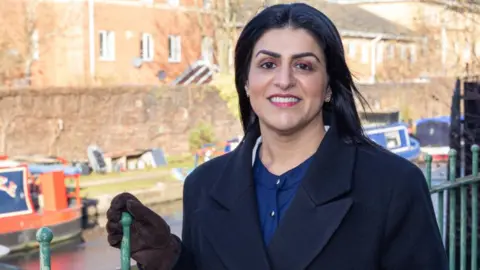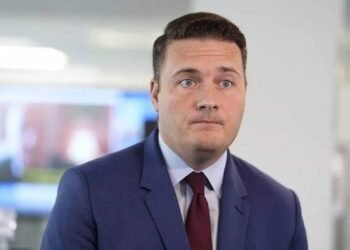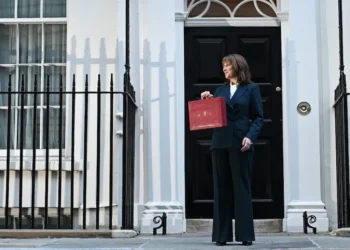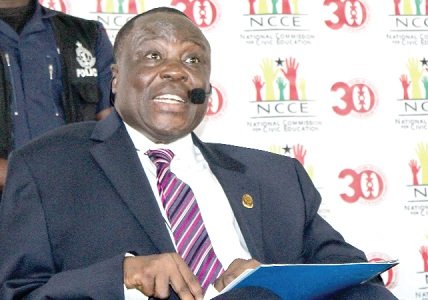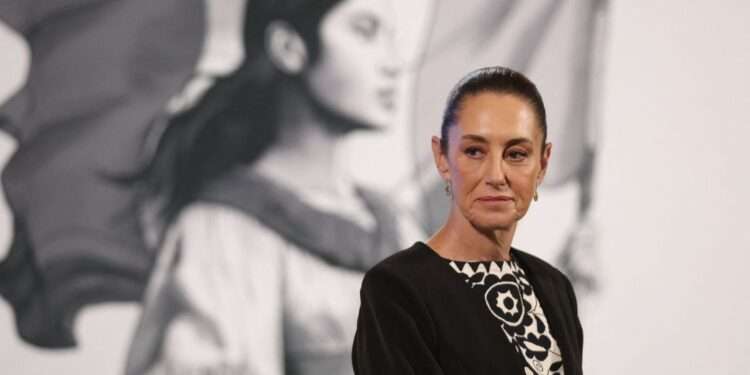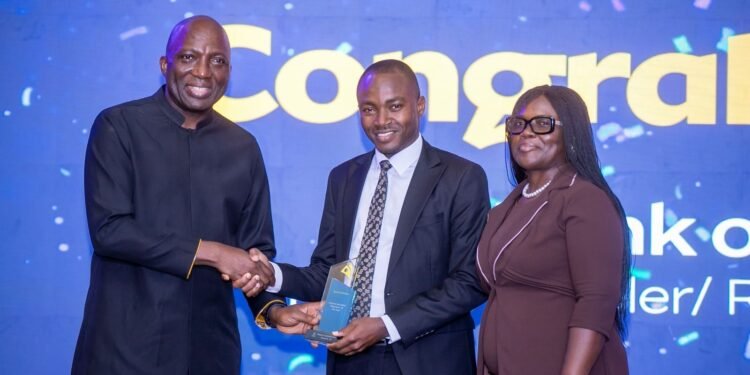The Labour government is reigniting efforts to establish a special tribunal aimed at prosecuting Russia’s leadership for the crime of aggression, according to Lord Chancellor Shabana Mahmood.
The tribunal, in development for two years, seeks to hold Vladimir Putin, Prime Minister Mikhail Mishustin, and Foreign Minister Sergey Lavrov accountable for their actions during the invasion of Ukraine.
The plan has encountered numerous challenges, including debates over which international body should host the tribunal and concerns from the United States.
US officials fear that allowing foreign courts to strip immunity from leaders could set a dangerous precedent, potentially exposing Western leaders to legal threats in the future.
Nevertheless, the UK has remained one of the central advocates among a coalition of 40 nations committed to creating a viable legal mechanism to prosecute Russia’s top leaders.
Mahmood emphasized the need for swift action on both military and legal fronts. She stated, “We want to inject some energy into the process because it has been going on too long. We want to work this through very carefully, but at pace, to unlock what is the best mechanism to deliver the special tribunal.”
“Time To Unlock The Right Mechanism”
Mahmood’s comments come as justice ministers from the Council of Europe prepare to meet in Vilnius to discuss the tribunal’s format. The goal is to develop a Nuremberg-style court that can gain global legitimacy.
This marks the first time that the Labour government has publicly addressed the possibility of prosecuting Putin for his role in the invasion of Ukraine.
Mahmood acknowledged the growing support in Ukraine and among other nations for the Council of Europe to lead the establishment of the tribunal. “As a new administration,” she said, “all options are on the table.” Despite lengthy discussions, enthusiasm for holding Russia accountable remains high, particularly within Ukraine.
Meanwhile, Alicia Kearns, the shadow foreign office minister, has called for a decisive vote on the matter at the United Nations General Assembly later this month.
During David Cameron’s tenure as foreign secretary, Kearns noted that international sentiment had moved toward creating a tribunal through a treaty between Ukraine and the Council of Europe, bolstered by broader support from the UN.
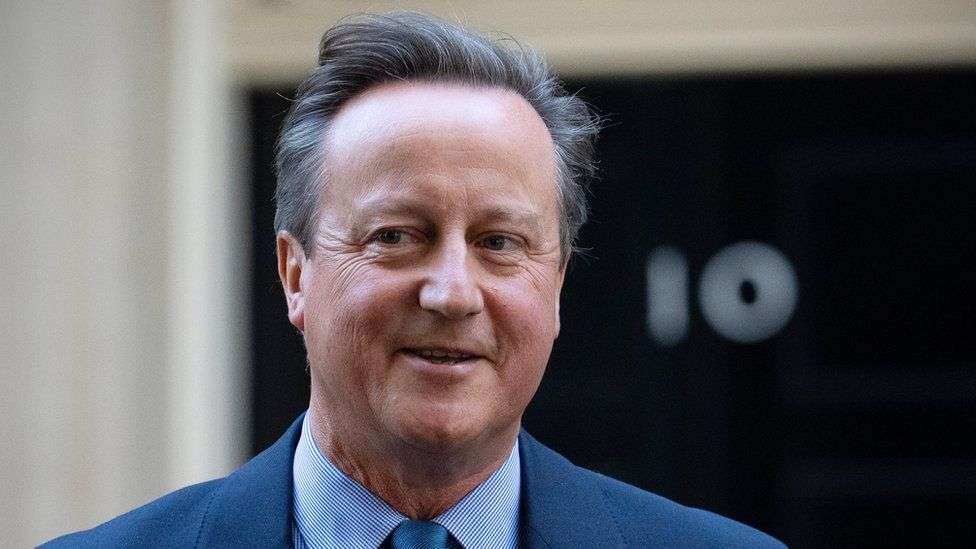
The challenge, Mahmood explained, lies in creating a tribunal that is both legally sound and efficient. “We want something that delivers, meets the legal challenges, and is effective,” she said while stressing the importance of maintaining momentum.
One of the biggest hurdles to overcome is Russia’s veto power in the United Nations Security Council, which blocks any efforts to move the tribunal through that route. As a result, many see the Council of Europe as the best alternative.
In recent months, support for the tribunal has also come from influential figures within the UK. Human rights barrister Philippe Sands KC and former Prime Minister Gordon Brown have both argued passionately for the tribunal’s creation.
They point to the limitations of the International Criminal Court (ICC), which has no jurisdiction to prosecute the crime of aggression unless both Russia and Ukraine ratify the Rome Statute, the treaty that founded the ICC.
While the ICC has made some strides, such as issuing arrest warrants for Putin over the abduction of Ukrainian children, and for former Defence Minister Sergei Shoigu over bombings of Ukraine’s power grid, it has limited reach.
Prosecuting the architects of the Ukraine invasion — Putin, Mishustin, and Lavrov — remains out of the ICC’s scope.
Mahmood recently met with Karim Khan, the ICC prosecutor, to discuss the tribunal. While Khan has questioned whether a special tribunal would duplicate the work of the ICC, advocates believe it is necessary to close the gaps in international law.
As discussions continue in Vilnius, the UK and its allies hope to push through legal challenges and ensure that justice is served. The stakes are high, and for those backing the tribunal, time is of the essence.

